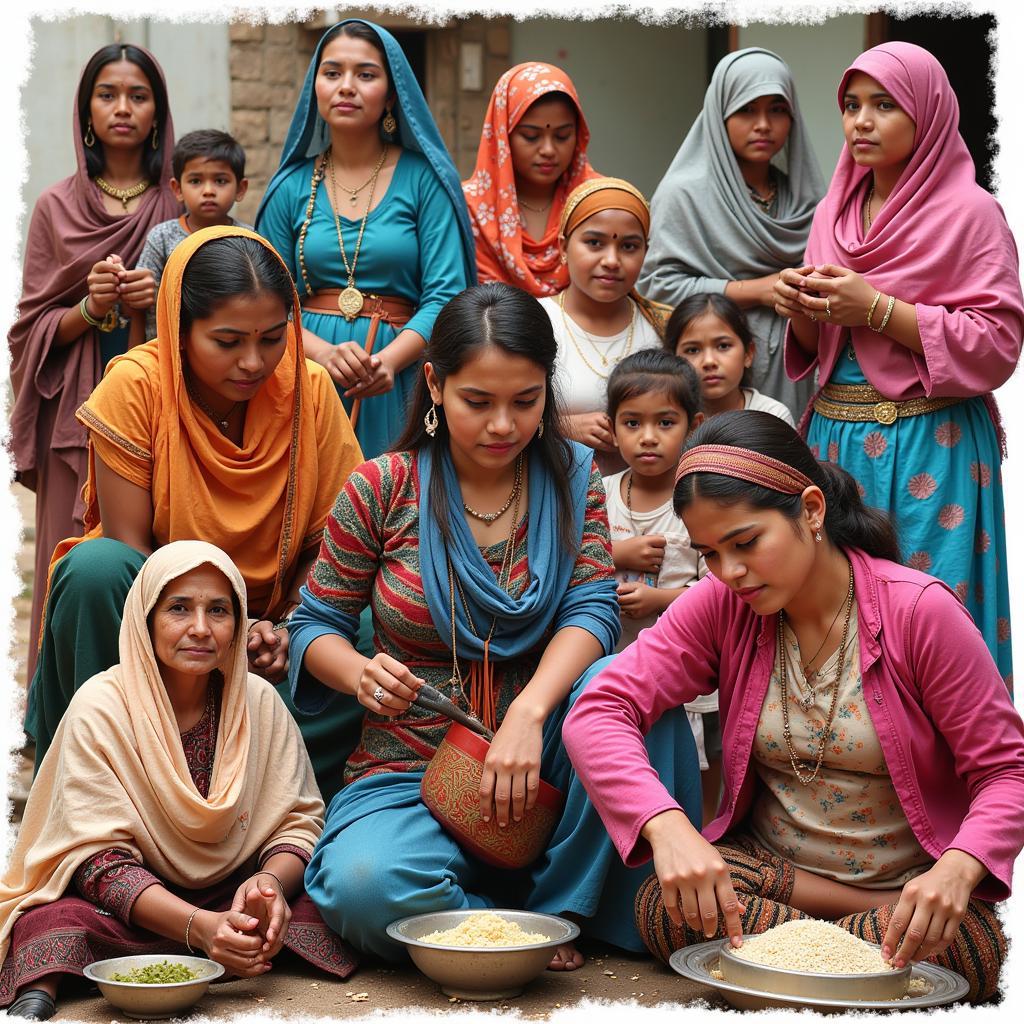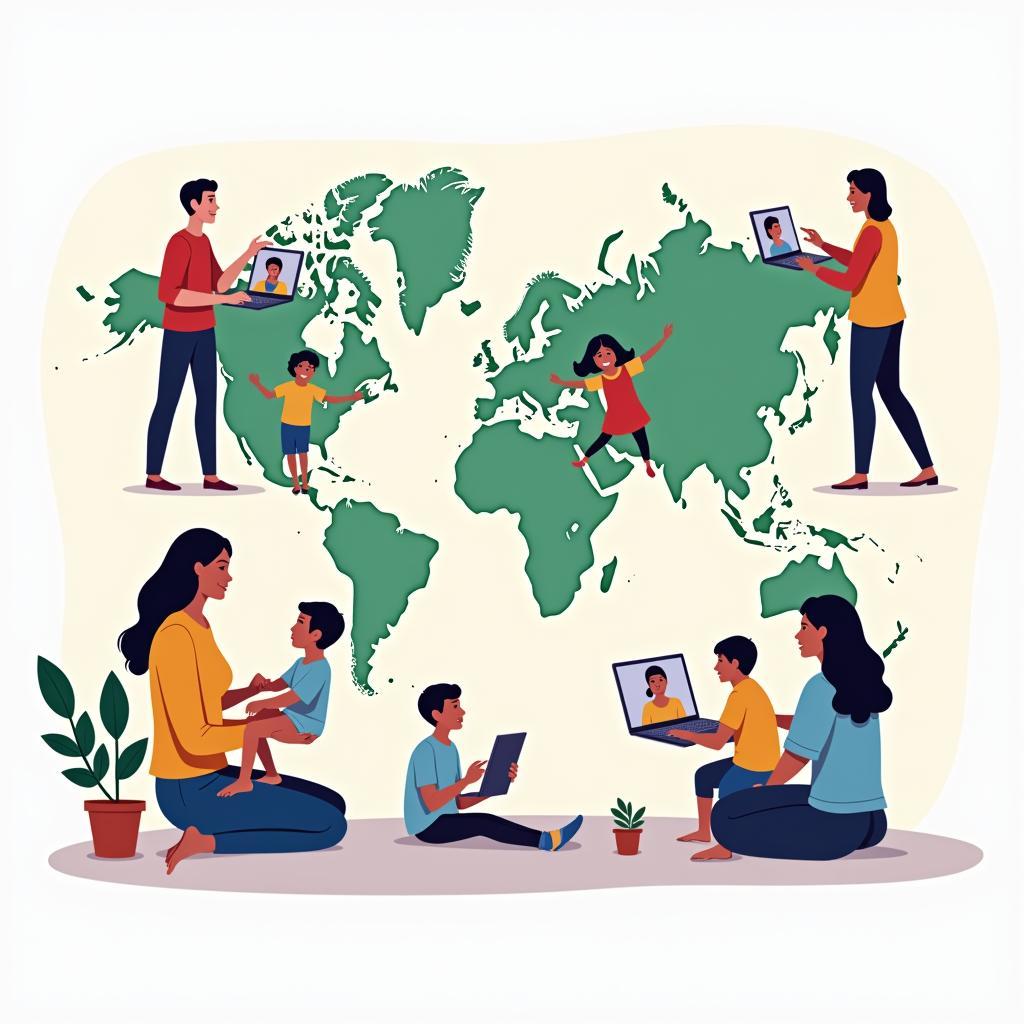The intersection of sex, family, and the role of women in society is a dynamic and often complex landscape, shaped by cultural norms, evolving values, and individual experiences. This intricate interplay influences our understanding of gender roles, family structures, and societal expectations, ultimately shaping the lives of individuals and communities globally.
Cultural Perspectives on Gender and Family
Cultures around the world offer diverse perspectives on the roles of women within the family unit and broader society. From matriarchal societies where women hold significant authority to more patriarchal structures where men traditionally dominate leadership roles, these cultural lenses influence expectations surrounding marriage, child-rearing, and economic participation.
 Women from diverse cultural backgrounds
Women from diverse cultural backgrounds
For example, in many indigenous cultures, women are revered for their wisdom, connection to nature, and roles as healers and knowledge keepers. These societies often prioritize communal living and shared responsibilities, challenging Western ideals of individualism and nuclear family structures.
The Evolving Landscape of Gender Roles
Over the past century, the world has witnessed a significant shift in traditional gender roles. Increased access to education, economic opportunities, and changing societal attitudes have empowered women to pursue careers, challenge gender stereotypes, and redefine their place in society.
However, this progress towards gender equality is not without its challenges. Despite advancements, women continue to face systemic barriers, including gender pay gaps, underrepresentation in leadership positions, and societal pressures to conform to traditional gender expectations.
The Impact of Technology and Globalization
The rapid advancements in technology and the forces of globalization have further complicated the dynamics surrounding sex, family, and women’s roles. Social media platforms and increased interconnectedness offer new avenues for communication, challenging cultural boundaries and fostering cross-cultural dialogue on gender equality.
 Families from different countries connecting online
Families from different countries connecting online
However, these technological advancements also present challenges, such as the spread of harmful stereotypes, online harassment, and the exploitation of women and girls. Addressing these issues requires a multi-faceted approach that includes education, awareness campaigns, and the development of ethical guidelines for online spaces.
Building a More Equitable Future
Creating a more equitable and just society requires ongoing dialogue, education, and a commitment to dismantling harmful gender norms. Empowering women and girls through education, economic opportunities, and access to healthcare is essential for achieving gender equality and fostering sustainable development.
Promoting open and respectful communication within families, communities, and societies is crucial for challenging harmful stereotypes and fostering empathy and understanding. By embracing diversity and recognizing the inherent value and dignity of all individuals, regardless of gender, we can create a more peaceful and just world for all.
FAQs
Q: What are some ways to challenge gender stereotypes within families?
A: Encourage open communication, model respectful behavior, and expose children to diverse role models that defy traditional gender roles.
Q: How can we support women in leadership positions?
A: Advocate for equal pay, provide mentorship and networking opportunities, and challenge biases that hinder women’s advancement in the workplace.
Conclusion
The interplay of sex, family, and the woman in society is a multifaceted and evolving landscape. By acknowledging the diverse cultural perspectives, celebrating the progress made towards gender equality, and actively addressing the remaining challenges, we can create a more inclusive and equitable world for all.